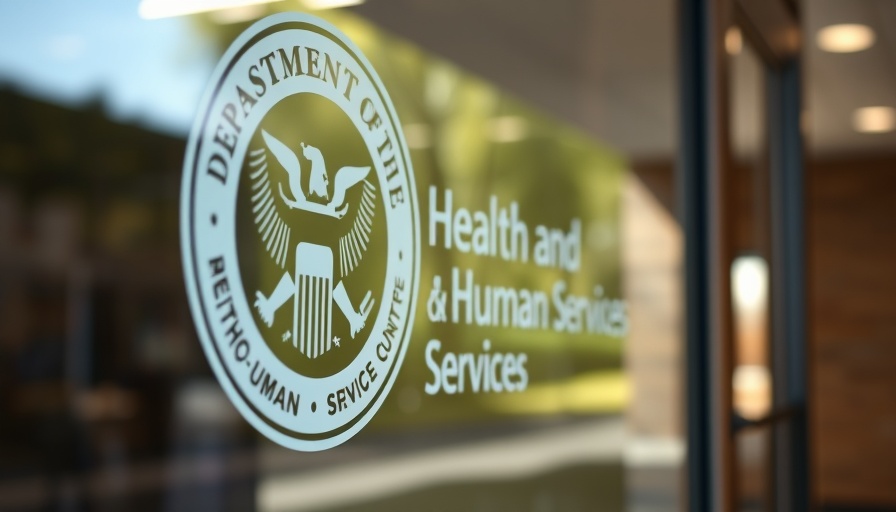
Restoring Trust: HHS Takes Major Steps to Revamp Vaccine Advisory Committee
In a bold move aimed at reinstating public confidence, the U.S. Department of Health and Human Services (HHS) has announced a significant overhaul of the Advisory Committee on Immunization Practices (ACIP). All 17 members of the committee were removed, reflecting HHS Secretary Robert F. Kennedy Jr.'s commitment to transparency and impartiality in vaccine recommendations. This decision is fueled by a growing demand for unbiased recommendations based on sound science, distancing the advisory group from any potential industry influences.
Understanding the Context: Why Now?
The decision to overhaul the ACIP comes in the wake of rising skepticism surrounding vaccine efficacy and safety in the United States. Following the pandemic, as public scrutiny intensified, confidence in health authorities dwindled. Kennedy emphasized that a "clean sweep" of committee members was crucial in reestablishing credibility. With the previous members appointed by the previous administration, this clean slate serves as a fresh start to realign national immunization strategies with public health priorities.
What Does This Mean for Public Health?
The ACIP holds substantial power in determining national vaccine schedules, making its integrity vital for public health. By prioritizing a transparent appointment process, HHS aims to ensure that scientific recommendations are no longer influenced by profit motives. In times of uncertainty, the public looks to health regulators for reliable guidance; therefore, reinstating their confidence is paramount.
A Fresh Start: New Directions for the ACIP
Kennedy's assurance that new members will be chosen based on their commitment to public health and evidence-based medicine marks a pivotal shift. The next ACIP meeting scheduled for June 25-27 at the CDC headquarters will set the stage for these new voices to contribute fresh insights and initiatives. Their influence could direct the future of vaccination campaigns and establish new norms in public health strategy.
Moving Towards Radical Transparency
One of HHS's foundational goals moving forward is radical transparency. By providing the public with insight into how decisions are made and the evidence that supports them, HHS believes that trust can be rebuilt. Kennedy's statement, highlighting the need for "gold standard science," reflects an understanding that consumers want more than just recommendations—they seek assurance backed by clear, accessible data.
Impact on Vaccine Perception and Acceptance
With vaccine hesitancy and misinformation continuing to be significant challenges, the reorganization of the ACIP may have a profound impact on vaccine acceptance. As new committee members take their positions, they are expected to engage with communities, actively addressing questions and concerns that have contributed to public doubt. This approach could pave the way for more informed, healthier decisions regarding vaccinations.
Looking Ahead: A Call for Community Engagement
Public health is inherently a community concern; therefore, involving citizens in discussions about vaccines and health practices is crucial. The new ACIP will need to create forums to hear public input, harnessing community experiences and perspectives to inform their recommendations. As Kennedy noted, restoring trust is a collective effort that requires understanding and addressing the public's needs.
Conclusion: The Significance of Informed Choices
As we navigate through these changes, it becomes clear that informed choices stem from transparent and trustworthy recommendations. The HHS's commitment to restoring confidence in vaccinations is both essential and timely. For individuals and communities alike, this approach can serve as a model for proactive health engagement—one where decisions are rooted in science, dialogue, and shared goals for public well-being.
 Add Row
Add Row  Add
Add 



Write A Comment